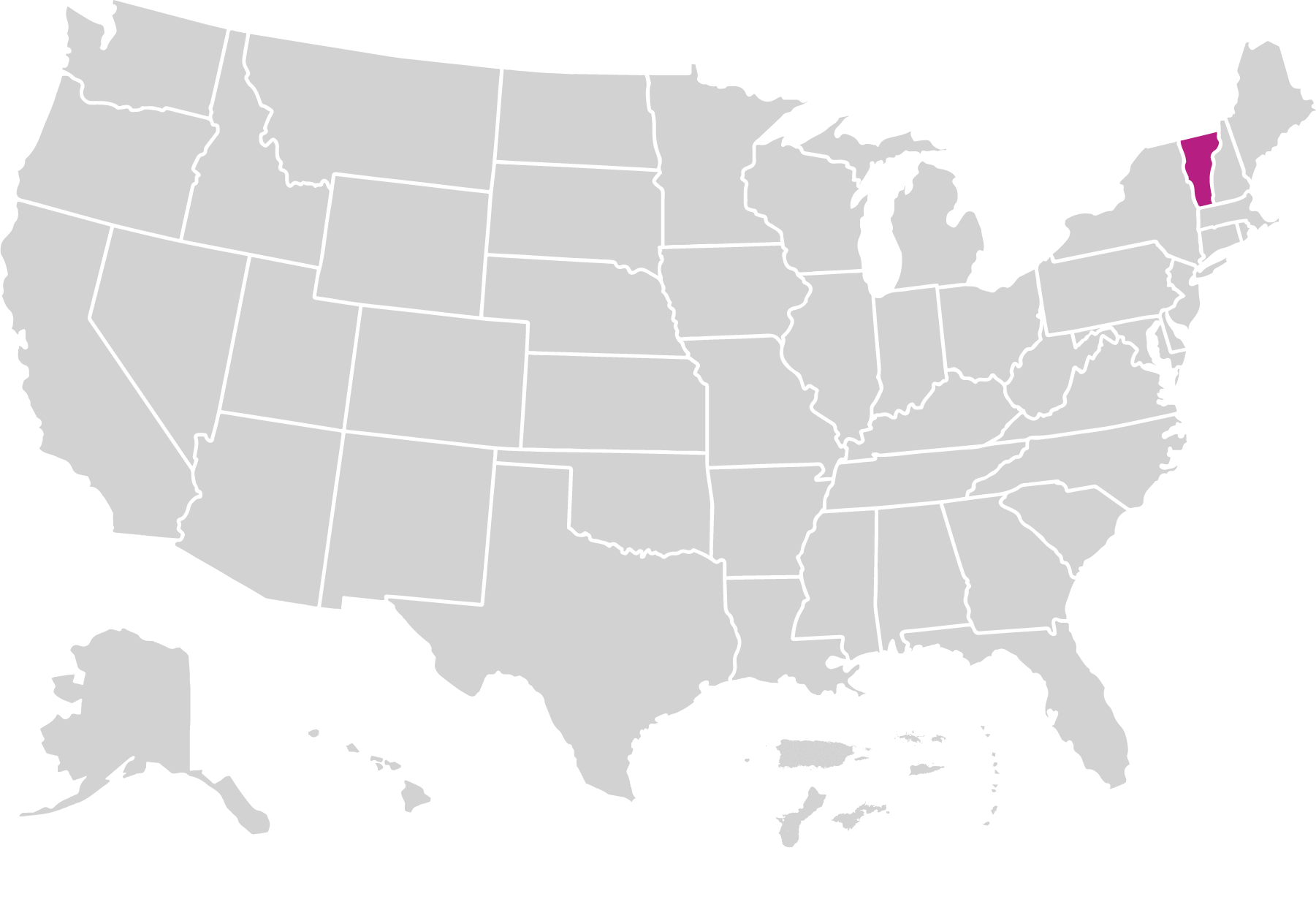Maternal Early Childhood Sustained Home-Visiting
MECSH aims to improve the health, development, and social well-being of families with new babies in need of additional sustained support. The model supports positive transitions to parenting, positive parenting skills, future-oriented and aspirational thinking, problem-solving skills, the ability to mobilize resources, and healthy relationships. See www.earlychildhoodconnect.edu.au/home-visiting-programs/mecsh-public/about-mecsh for details.
What is the model’s approach to providing home visiting services?
Home visits take place based on the child’s age. Families may receive three prenatal visits. After the child’s birth, families receive visits weekly until the child is 6 weeks old, every 2 weeks until the child is 12 weeks old, every 3 weeks until the child is 6 months old, every 6 weeks until the child is 12 months old, and every 2 months until the child is 2 years old. MECSH recommends families initiate services prenatally, but allows for families to enroll until the child is 2 months old.
MECSH’s target population includes the following:
- Expectant mothers
- Low-income families
- Unmarried mothers or single parents
- Parents/caregivers with limited education
- Families with a history of substance abuse or in need of treatment
- Families with a history of child abuse or neglect/involvement with child welfare system
- Families with mental health issues, including maternal depression and anxiety
Who is implementing the model?
Home Visitors
MECSH was implemented by 20 home visitors in 2018. The model requires a bachelor’s degree in nursing for home visitors. Home visitors are required to maintain a caseload of 20 to 30 families.
Supervisors
MECSH was implemented by nine supervisors in 2018. The model requires a bachelor’s degree in nursing for supervisors.
Where is the model implemented?
MECSH operated in nine local agencies in one state in 2018. MECSH also operated outside the United States and its territories in Australia.

Families Served Through Evidence-Based Home Visiting in 2018
Mission
MECSH operates as a salutogenic, or health-creating, and child-focused prevention model that supports families with young children in adapting and self-managing their parenting journey and connects them to resources to help them parent effectively despite challenges they may face in their day-to-day lives.
History
MECSH, originally known as the Miller Early Childhood Sustained Home-Visiting Program, was developed in 2002 in the Miller/Green Valley areas of Sydney, Australia. It was developed by a University of New South Wales Australia team of academics and practitioners with expertise in early years nursing, communication development, pediatrics, social work, developmental psychology, maternal mental health, and midwifery. The Australian Research Council, Sydney South West Area Health Service, and New South Wales Departments of Community Services and Health collaborated to fund a randomized controlled trial to test its effectiveness. After the evaluation, the model was renamed to reflect its expansion beyond Miller/Green Valley. MECSH is currently housed in the Translational Research and Social Innovation group at Western Sydney University.
